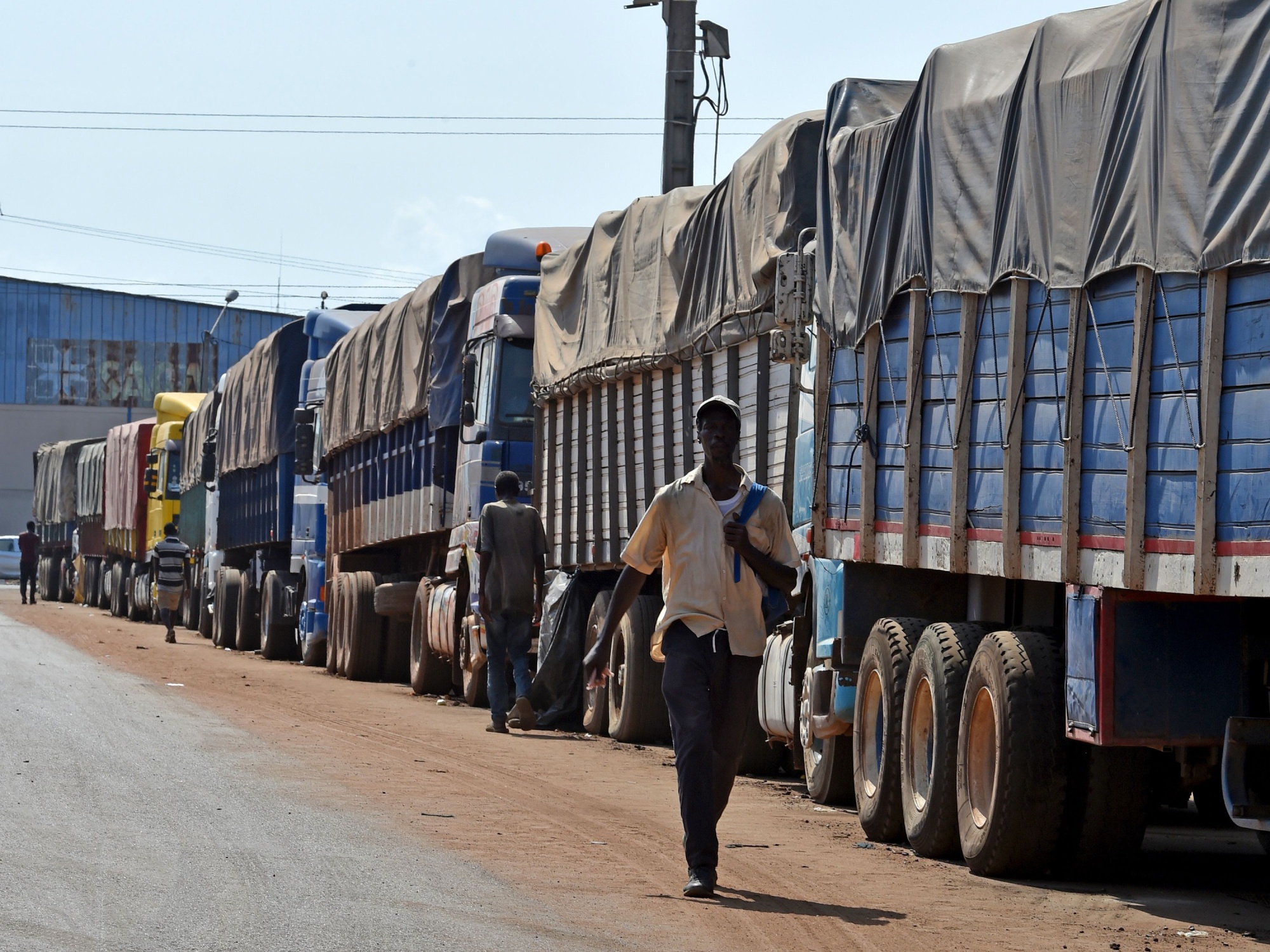
The transport sector in Africa is an important contributor to the continent’s economy and is essential for economic growth, trade and social development. Transportation systems in Africa are not as advanced as those in other parts of the world, and the infrastructure is often inadequate and inefficient. This lack of progress is due to a number of factors, including the low levels of investment in the sector, the lack of political will to prioritize the sector, and the lack of capacity and technological development. Despite these challenges, the transportation sector in Africa has been making progress in recent years, and several countries have made significant investments in the sector. This article provides an overview of the current state of the transport sector in Africa and analyses the opportunities and challenges facing the sector in the future.
The State of Transportation in Africa
Africa has a vast network of roads, railways, ports and airports that link the continent’s various countries and regions. However, this network is inadequate and inefficient due to a lack of investment and capacity development in the sector. The majority of Africa’s roads are unpaved and in poor condition, limiting the ability of people to travel within and between countries. Railways are also limited in terms of coverage and are often slow and unreliable. Airports are generally underdeveloped and offer limited services, while ports are often congested and inefficient. In addition, the continent lacks an integrated transport network, making it difficult to move goods and services across borders.
How to use technology to Scale your transportation business
Considering how transport business in Africa is a booming with a wide range of opportunities. It is estimated that the African transport industry is worth more than $2.5 billion and is expected to grow exponentially in the coming years.
The African transport industry has grown rapidly over the past decade, and this trend is expected to continue. This is largely due to the continent's increasing population and expanding economy. With more people living and working in Africa, there is a greater need for transportation services, which has led to the growth of trucking businesses.
The African transport industry is made up of a variety of different businesses, ranging from small, one-truck operations to large, multi-truck fleets. These businesses provide a range of services, including freight forwarding, bulk shipping, and containerized freight. The types of goods transported by African trucking companies range from raw materials to finished goods.
The growth of the African trucking industry has been driven by several factors. One of the main reasons for the growth is the fact that many African countries have adopted liberal trade policies. This has enabled African businesses to access global markets, which has facilitated the growth of trucking businesses.
In addition, the African trucking industry has been boosted by the emergence of new technology. Most African trucking companies now use GPS tracking systems, which allow them to track the location of their vehicles in real-time. This helps them to ensure that their vehicles are always on the right route and that they are delivering goods on time.
The African trucking industry is also benefiting from the increased demand for transportation services. The increasing population and economic growth of Africa has led to higher demand for goods and services, which has in turn led to a greater need for trucking services.
The growth of the African trucking industry has created a number of opportunities for investors. Investors can invest in established trucking businesses or start their own trucking business. There are also a number of trucking-related businesses that are involved in providing services such as logistics management, maintenance, and repairs.
One of the key strategies for success in the African trucking industry is the use of EMA Fleet Management Software. This software helps trucking businesses in Africa to manage their fleets and operations more efficiently. It allows them to track their drivers, vehicle locations, and fuel consumption in real-time, as well as manage their maintenance and repair services.
EMA Fleet Management Software is an essential tool for any trucking business in Africa. By using this software, businesses can increase their efficiency, reduce their costs, and increase their profits. With the right strategies, businesses can use EMA Fleet Management Software to help them grow their trucking business in Africa.